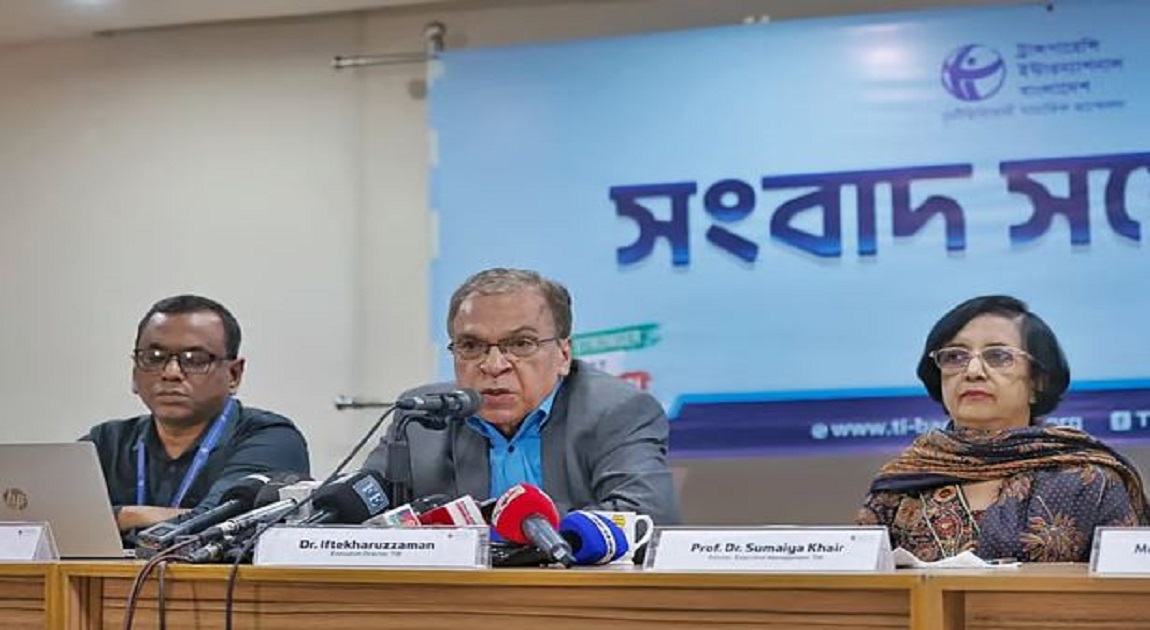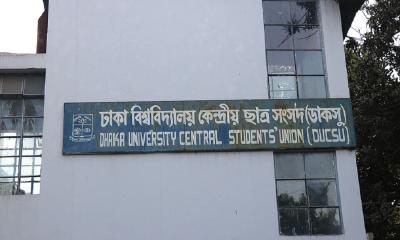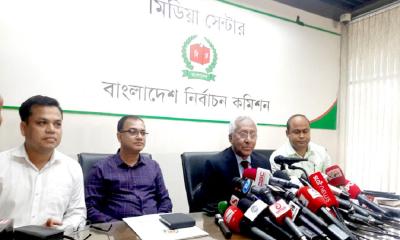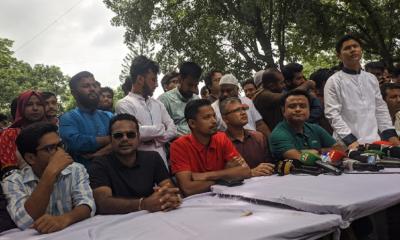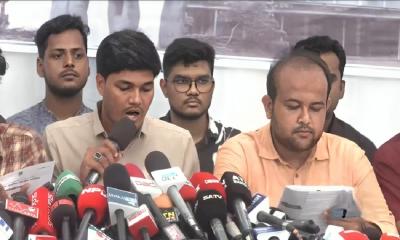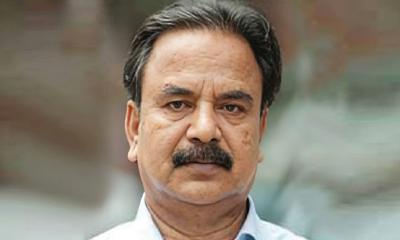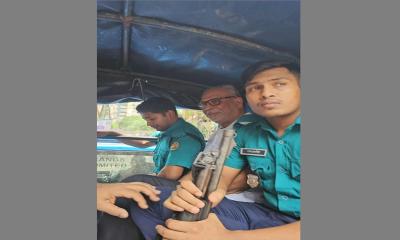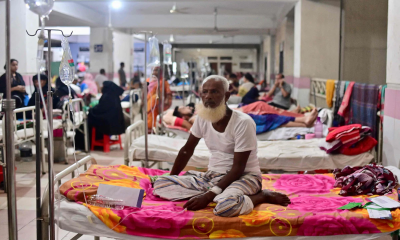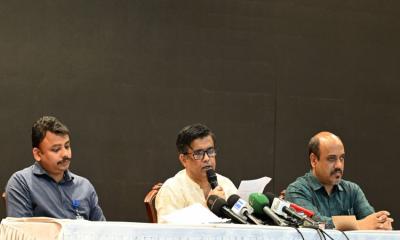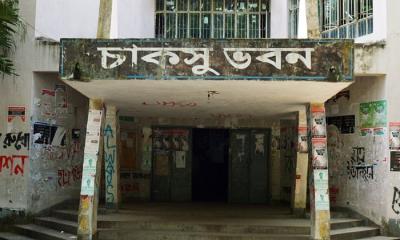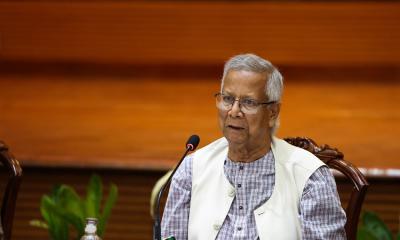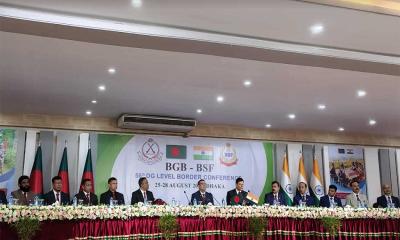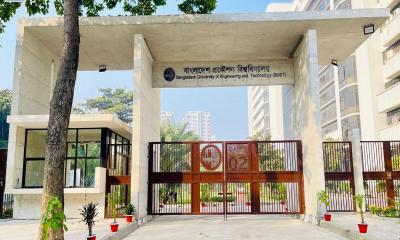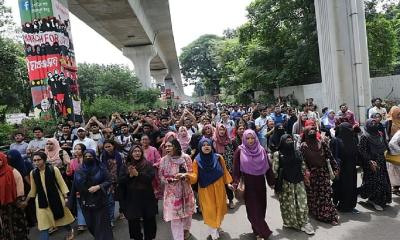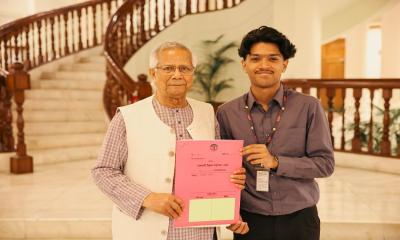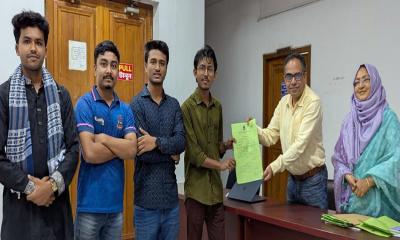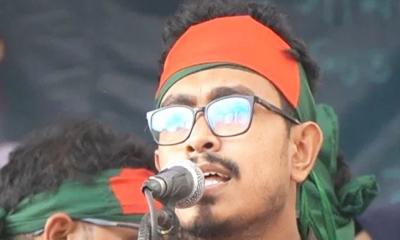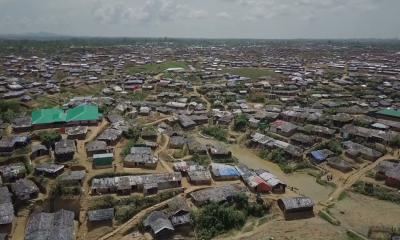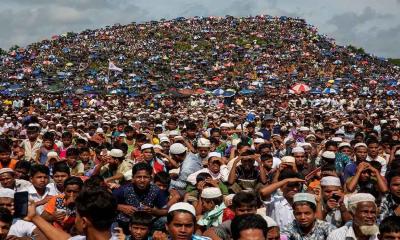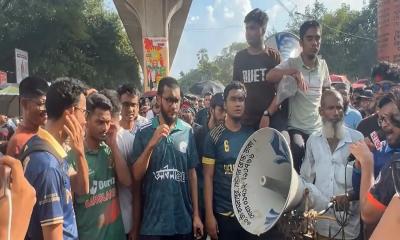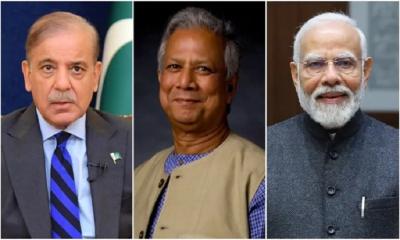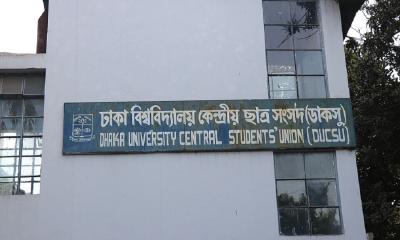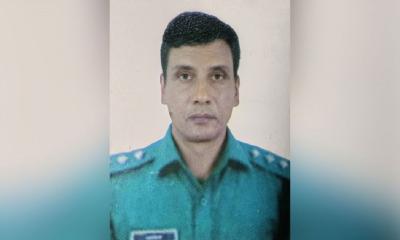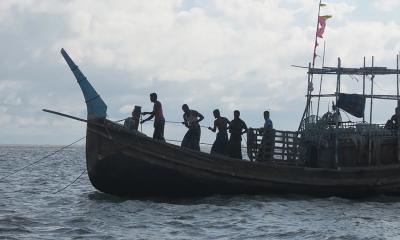Transparency International Bangladesh (TIB) Executive Director Dr. Iftekharuzzaman has described the National Citizens’ Party (NCP), formed after the recent mass uprising, as a "king’s party."
He made the remark while responding to a journalist’s question at a press conference held on Monday at the TIB office in Dhanmondi, Dhaka.
The press conference was organized to unveil a research report titled "One Year After the Fall of the Authoritarian Regime: Expectations and Reality."
The report includes observations suggesting that certain political parties, including the NCP, were formed under state patronage.
When asked which party is being referred to as the "king’s party," Dr. Iftekharuzzaman said, “It’s no secret. It’s the National Citizens’ Party. It’s referred to as a king’s party because two of its allies or companions are currently part of the government.”
He also criticized the political trajectory following August 5, calling it “unfortunate.” Elaborating, he said that from that very evening, some top leaders of established political parties began engaging in favoritism, extortion, and legal manipulation—practices that have only intensified over the past year.
Even interventions by senior leadership failed to curb this behavior, he said, adding that new political parties have followed the same model since their inception and are now deeply involved in turf-grabbing and extortion, heading down a self-destructive path.
According to TIB’s research, between August last year and June this year, 471 incidents of political violence occurred across Bangladesh, resulting in 121 deaths and 5,189 injuries.
The report attributes 92% of these incidents to the BNP, 22% to the Awami League, 5% to Jamaat-e-Islami, and 1% to the National Citizens’ Party.
The report also revealed that after the regime change, daily extortion of approximately Tk 221 million has taken place at 53 transport terminals and stands in Dhaka previously controlled by the Awami League.
Illegal stone extraction from rivers and quarries in Sylhet, and politically motivated control over leases of bridges, markets, ferry terminals, sand mines, and water bodies were also noted.
TIB further observed that mobs have been organized to block roads, besiege police stations, and hold demonstrations, leading to a deterioration in law and order.


